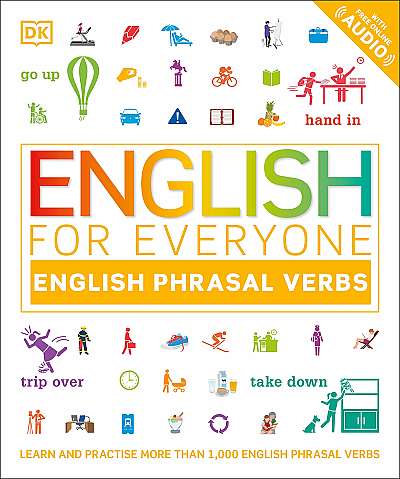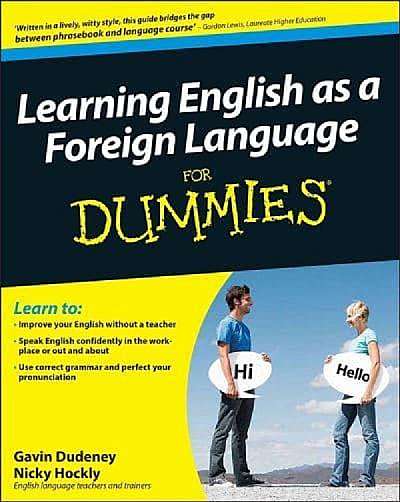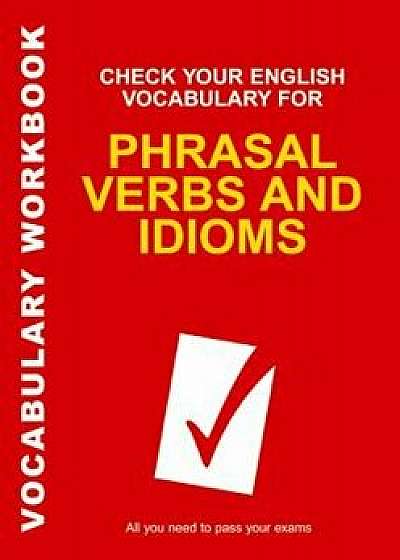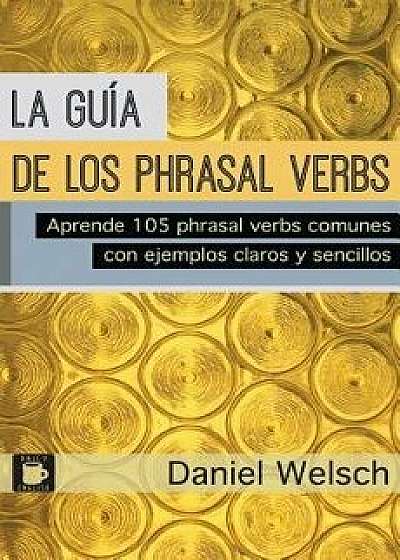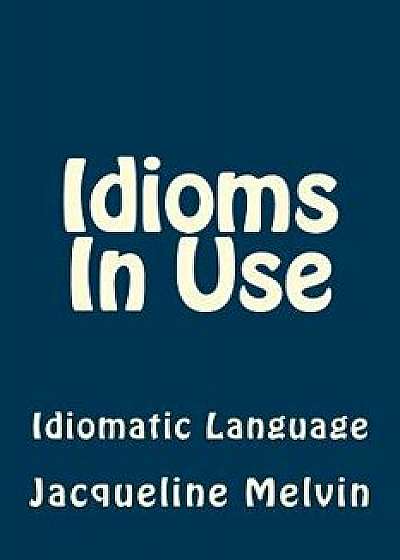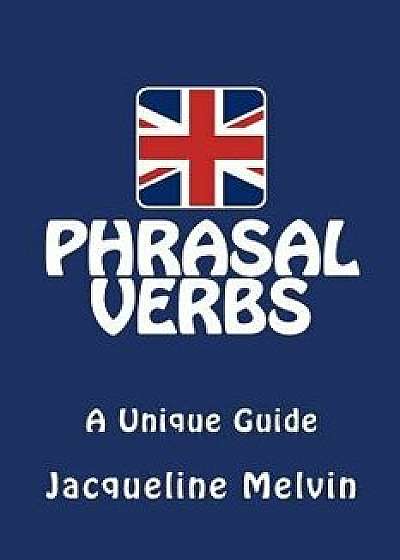
Phrasal Verbs: A Unique Guide, Paperback/Jacqueline Melvin
Descriere
This complete guide to over 850 Phrasal Verbs used in daily life by native speakers, also includes a section with over 200 business idioms and phrasal verbs. Exercises are included to test your knowledge on the most commonly used phrasal verbs. Cross that bridge and start mastering the language today. About phrasal verbs Phrasal verbs, or multi - word verbs as they are often referred to, can be rather daunting for non natives of the English language. A mistake in using the wrong particle or the wrong word order can completely change the intended meaning. This can lead to misunderstandings which can either be horrific or hilarious. Students of the English language are not expected to be able to remember all the phrasal verbs - they are too numerous - but they should be familiar with the most common ones and they should also be able to recognise their meanings in context. Phrasal verbs play an important role in the English language. There is no getting away from them. Every time natives speak they use them. Take a look at the ones below. Did you know that the following two sentences have different meanings? Peter hung up after a few minutes = he ended the telephone call. Peter hung up on me after a few minutes = he ended the call by interrupting the conversation abruptly, angrily and rudely. How about this one? I saw through him and I saw him through. Both have different meanings. I saw through him = I understood his deception/the mask he wore, whereas I saw him through = I gave him my support during a difficult period of his life. Now look at these two examples: Pretty flabbergasting I've gone off cheese = I no longer like cheese. The cheese has gone off = the cheese is not fresh anymore. It is not good to eat. If you eat it you could become sick. The alarm clock has just gone off = Can you turn it off please? I want to sleep for another few minutes. Does this mean that the alarm clock is not fresh anymore? NOOOO Does it mean the alarm clock doesn't like someone or s


